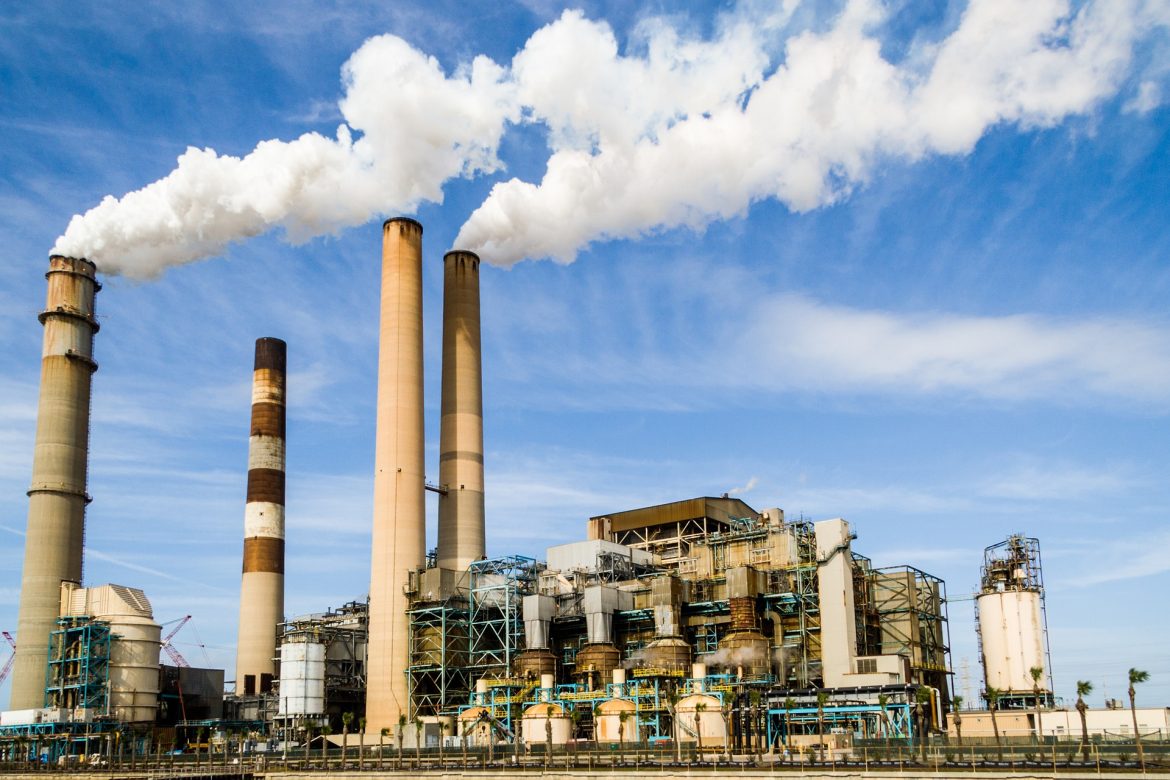A rule that would strengthen federal limits on industrial soot which is one of the deadliest air pollutants in the US has been proposed by the U.S. Environmental Protection Agency on Friday as the latest action by the Biden administration to better address environmental justice and air pollution.
Low-income and minority communities in the US are systematically exposed to higher levels of soot and other air pollutants that disproportionately impact their health as they are more likely to be located near highways, oil and gas wells and other industrial sources.
While different studies have linked long-term exposure to soot with higher rates of death from Covid-19, research has also shown that exposure to particulate matter, known as PM 2.5, leads to heart attacks, asthma attacks and premature death.
Read also: Conflicts, climate change threatens the emergence of Africa’s Great Green Wall
The EPA proposal seeks to limit the pollution of industrial fine soot particles — which measure less than 2.5 micrometres in diameter — from the current annual level of 12 micrograms per cubic meter to a level between 9 and 10 micrograms per cubic meter, which the EPA said aligns with the latest health data and scientific evidence.
However, officials said they are also considering public comment on an annual level as low as 8 micrograms per cubic meter and as high as 11 micrograms per cubic meter.
The Trump administration had declined to tighten the existing Obama-era regulations that were set in 2012, despite warnings from EPA scientists that doing so could save thousands of lives in the U.S.
“The 2012 standards are no longer sufficient,” EPA Administrator Michael Regan told reporters during a briefing Thursday. “This administration is committed to working to ensure all people have clean air to breathe, clean water to drink and an opportunity to live a healthy life.”
According to the EPA, if the proposal is finalized, a strengthened annual PM 2.5 standard at a level of 9 micrograms per cubic meter — the lower end of the agency’s proposed range — would prevent up to 4,200 annual premature deaths and result in as much as $43 billion in net health benefits in 2032.
Story was adapted from CNBC.
